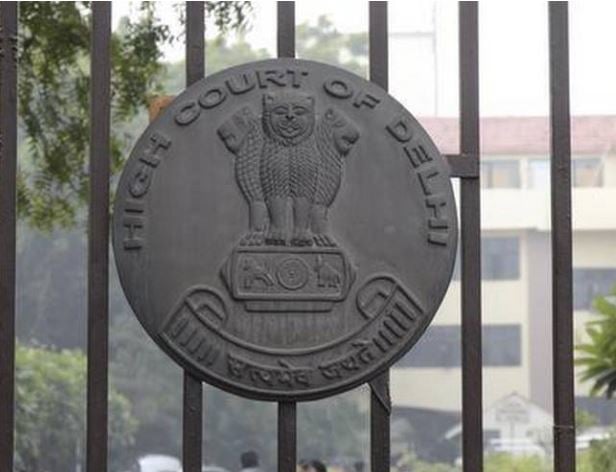The Delhi High Court has adjourned the hearing of a PIL seeking framing of guidelines for search and seizure at the premises of Advocates. The division bench of Chief Justice D.N. Patel and Justice Jyoti Singh will hear the matter on March 16.
The PIL sought a direction for the framing of mandatory guidelines to be followed by police/ investigating agencies in effecting search and seizure operations on the premises of an advocate.
The PIL, filed by Advocate Nikhil Borawankar, says, “Provisions of Section 100 of the Code of Criminal Procedure are insufficient to address the peculiar circumstances of the execution of a search warrant against an advocate, in that it is almost certain that any such search and seizure will inevitably lead to the recovery of privileged information to which the investigating agency may not be entitled ab initio. Furthermore, the CrPC does not contemplate such a specific scenario nor provides for adequate safeguards.”
Borwankar further contended that the access to an advocate’s personal and professional digital devices is a grave and egregious violation of privacy of a private citizen and that of a member of the Bar, who is engaged to act for his client.
The petition has sought the following directions:
i. Search warrants against advocates be issued only when investigating officer has obtained prior sanction from Director of Prosecutions (DoP) upon the submission of an appropriate standardised proforma by investigating officer upon the submission of an appropriate standardised proforma by investigating officer, issued as determined by this Hon’ble Court, submitted through an officer not part of the investigation of the rank of Superintendent of Police, after due deliberation thereupon by the DoP;
ii. Only when Court issuing search warrant concludes in writing that alternative methods of obtaining information have been considered by the investigating agency, and that such efforts could compromise the criminal investigation or prosecution, or could result in the obstruction or destruction of evidence, or would otherwise be ineffective;
iii. Be executed in terms of S.103 CrPC wherever practicable; and where not practicable, reasons be recorded by the Magistrate in order issuing warrant, along with the appointment of a “privilege team” comprising law enforcement agents unconnected with the investigation and Bar Council appointed independent advocates to execute search warrants
iv. All documents/articles seized be submitted directly to the jurisdictional magistrate under sealed cover.
v. All participating law enforcement agents be mandated to wear clear and visible identification and individual body cameras throughout the execution of the search warrant, with the entire search exercise audio and videographed, which recording (s) be deposited with the jurisdictional Magistrate at the culmination of proceedings; and
vi. Adequate training be undertaken by Respondents of law enforcement agencies, and Magistracy with regard to the provisions of effecting legal search and seizure.


